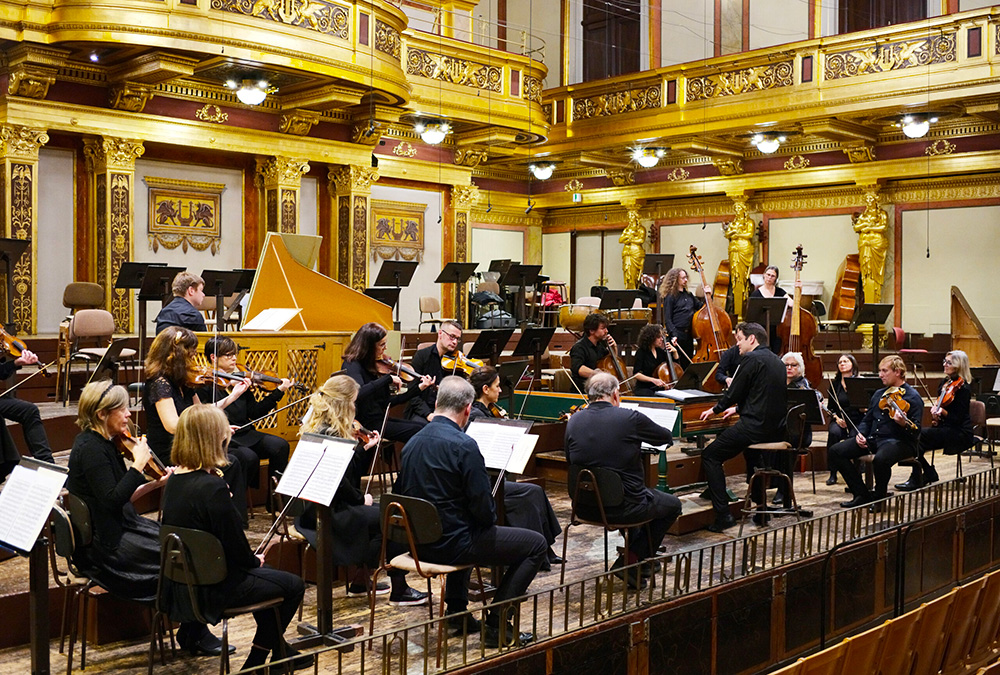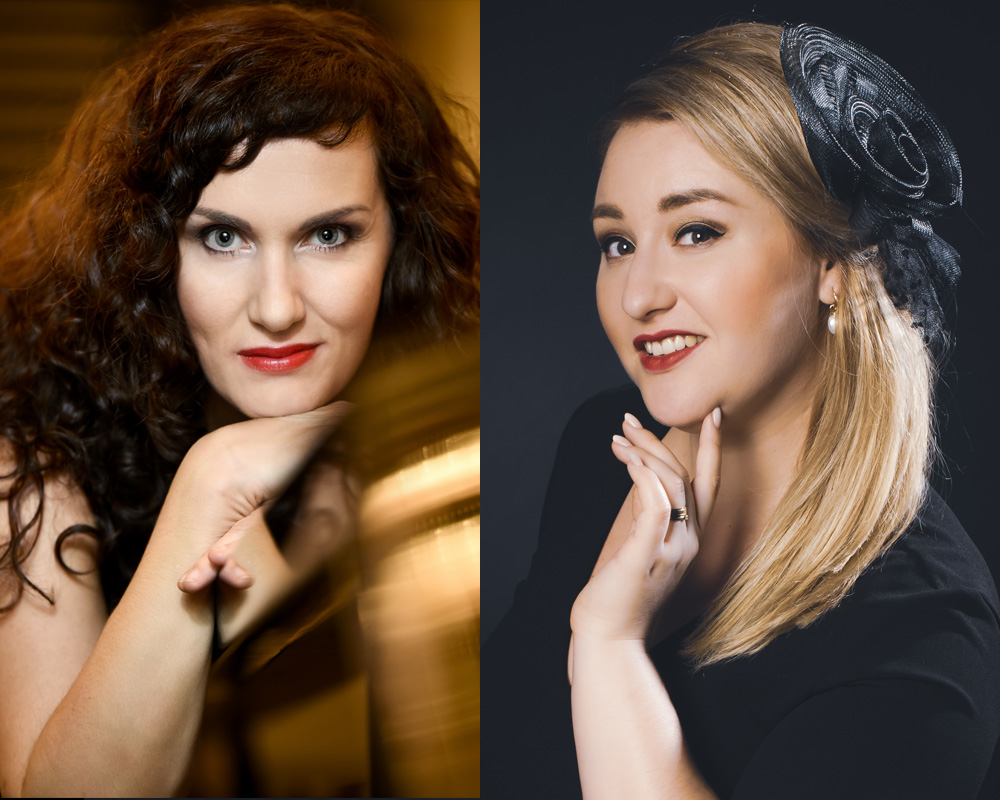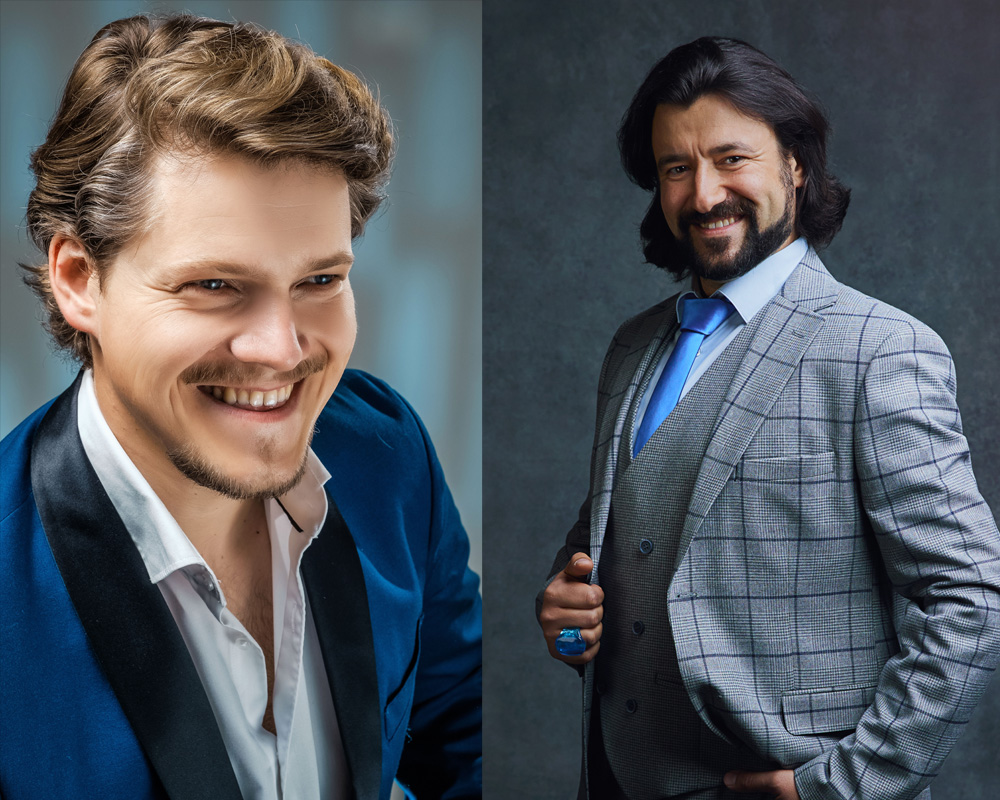Mozart’s Requiem
Main Partner and Concert Partner

In cooperation with the Austrian Cultural Forum in Prague.
Programme
- Wolfgang Amadeus Mozart: Exsultate, jubilate KV 165
- František Xaver Richter: Sinfonia con fuga in G minor
- Wolfgang Amadeus Mozart: Requiem in D minor KV 626
Performers
- Concentus Musicus Wien
- Tomáš Netopil – conductor
- Silentium!
- Tereza Válková – choirmistress
- Markéta Klaudová – soprano
- Václava Krejčí Housková – alto
- Dmitry Ivanchey – tenor
- Peter Kellner – bass
Concentus Musicus Wien is an iconic period instrument ensemble. The orchestra, which specialises in music of the Baroque and Classicism, was founded and headed for over sixty years by Nikolaus Harnoncourt, who was also involved in their most recent major projects, among them, the “Da Ponte” cycle and Beethoven’s Missa solemnis. Together they essentially determined the direction of historically informed performance. “The orchestra grew up with Harnoncourt and was shaped and cultivated by him,” states conductor Tomáš Netopil, characterising the ensemble he has collaborated with since 2023. “It’s a combination of Viennese musical tradition and a revolutionary approach to interpretation, which Nikolaus Harnoncourt discovered and maintained.” This will be their second appearance at the Prague Spring, teaming up with Netopil, soloists and the Silentium! – Czech Ensemble Baroque Choir to perform Exsultate, jubilate and Requiem by Wolfgang Amadeus Mozart (1756–1791). These compositions, some of the most exquisite sacred works ever written, will be complemented by the music of a Czech master of Classicism, František Xaver Richter (1709–1789). The four outstanding soloists involved in this wonderful Prague Spring programme also include ensemble member at the Vienna State Opera and guest singer at the Royal Opera House in London’s Covent Garden and New York’s Metropolitan Opera, Peter Kellner.

“Mozart’s Requiem is one of the most performed and most mystical works in musical history. We are all familiar with the closing scenes of Forman’s film Amadeus, which dramatically depicts the genesis of this piece. Whether we believe this historical interpretation or not, the fact remains that, as we listen to the music, we are witnessing the final contact of a genius with this world. Through his music we are able to touch God Himself, or the universe, if you like,” says conductor Tomáš Netopil, who last season brought to a close his ten-year stint as General Music Director of the Essen Philharmonic; next season he will assume the post of Chief Conductor and Music Director of the Prague Symphony Orchestra. “We will experience something similar at the start of the concert as well, when this same composer, only eighteen years younger, uplifts us with his invigorating motet celebrating God, Exsultate, jubilate,” he adds. After the success of his opera Lucio Silla Mozart wrote the piece in Milan for the castrato Venanzio Rauzzini. Here in Prague the solo part will be sung by leading Czech soprano Markéta Klaudová.

Tomáš Netopil considers Sinfonia con fuga in G minor by Mozart’s older contemporary František Xaver Richter as “a work which not only proves the immense musicality of the Czech environment in the 17th and 18th centuries, but it also points to a wealth of musical figures who originated in our Czech basin and determined the direction of 18th century European musical aesthetics. With its turbulent atmosphere Richter’s work provides the perfect overture to the evening’s climax: Mozart’s brilliant, enigmatic Requiem,” he adds. “This is a symphony of great depth, with a very dark and sombre mood, numerous complex, contrapuntal passages, yet also a heightened sense of melody and dance. This compositional arsenal demonstrates Richter’s vast musical knowledge, but that’s hardly surprising! Together with Jan Václav Stamic (Johann Stamitz) he was a principal member of the Mannheim orchestra which significantly shaped European musical tastes of the time and strongly influenced the oeuvre of Wolfgang Amadeus Mozart,” Tomáš Netopil concludes.








